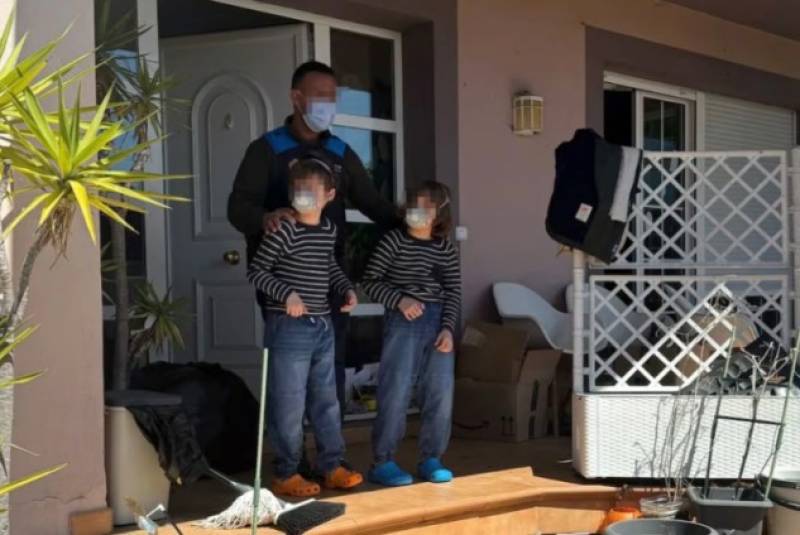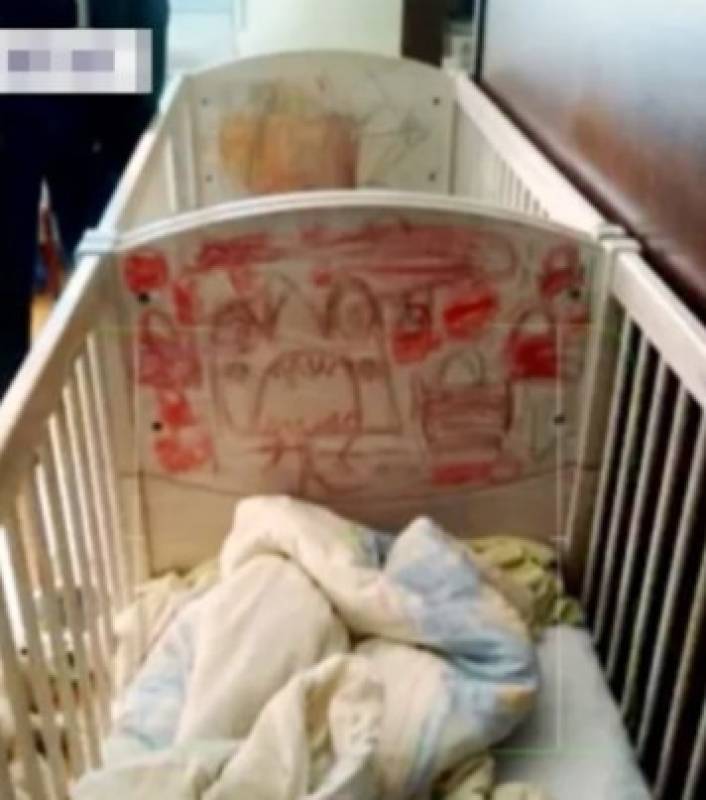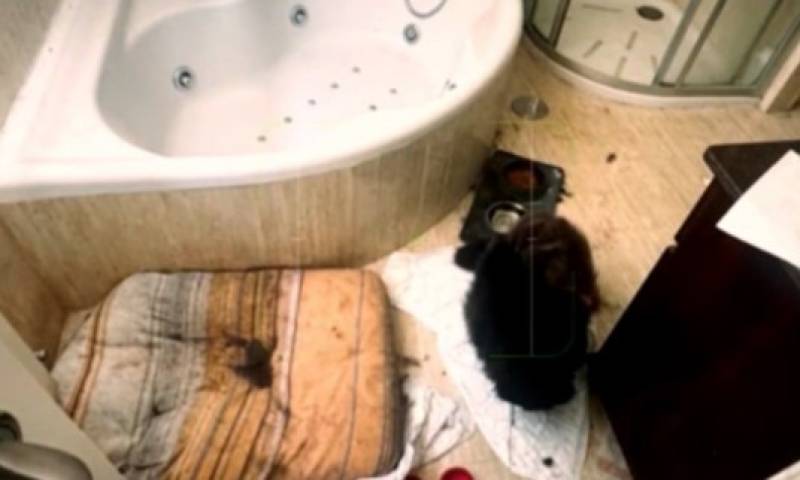

Guidelines for submitting articles to San Javier Today
Hello, and thank you for choosing sanjavier.today to publicise your organisation’s info or event.
San Javier Today is a website set up by Murcia Today specifically for residents of the urbanisation in Southwest Murcia, providing news and information on what’s happening in the local area, which is the largest English-speaking expat area in the Region of Murcia.
When submitting text to be included on San Javier Today, please abide by the following guidelines so we can upload your article as swiftly as possible:
Send an email to editor@spaintodayonline.com or contact@murciatoday.com
Attach the information in a Word Document or Google Doc
Include all relevant points, including:
Who is the organisation running the event?
Where is it happening?
When?
How much does it cost?
Is it necessary to book beforehand, or can people just show up on the day?
…but try not to exceed 300 words
Also attach a photo to illustrate your article, no more than 100kb

Children found in horrific conditions in Asturias after years of isolation
Three young children were discovered locked away in a house in Oveido after being kept hidden by their parents for four years
 Three young boys have been rescued from a house in Oviedo, northern Spain, where they had reportedly been kept in complete isolation by their parents since 2021. The children, eight-year-old twins and their older brother, aged ten, were discovered living in unsanitary and disturbing conditions.
Three young boys have been rescued from a house in Oviedo, northern Spain, where they had reportedly been kept in complete isolation by their parents since 2021. The children, eight-year-old twins and their older brother, aged ten, were discovered living in unsanitary and disturbing conditions. According to reports, they were wearing nappies, confined to cribs, and showed signs of extreme neglect.
According to reports, they were wearing nappies, confined to cribs, and showed signs of extreme neglect. The children had been kept hidden away from the world, with locked doors and closed windows, unable to leave the house or interact with anyone outside. The parents had even removed their children's shoes years ago, meaning they no longer had footwear that fit them properly. According to reports, the children's mother had frequently medicated them for conditions such as ADHD without any prescriptions.
The children had been kept hidden away from the world, with locked doors and closed windows, unable to leave the house or interact with anyone outside. The parents had even removed their children's shoes years ago, meaning they no longer had footwear that fit them properly. According to reports, the children's mother had frequently medicated them for conditions such as ADHD without any prescriptions.- Munchausen syndrome by proxy: where a caregiver fabricates or induces illness in someone under their care, often to gain attention or maintain control.
- Diogenes syndrome: involving extreme hoarding and neglect of hygiene and living conditions.
- Obsessive-compulsive disorder (OCD): possibly explaining the fixation on contamination and the insistence on isolation.
- Shared psychotic disorder (folie à deux): where one partner's delusional beliefs are adopted by the other, often leading to a shared distorted reality.








